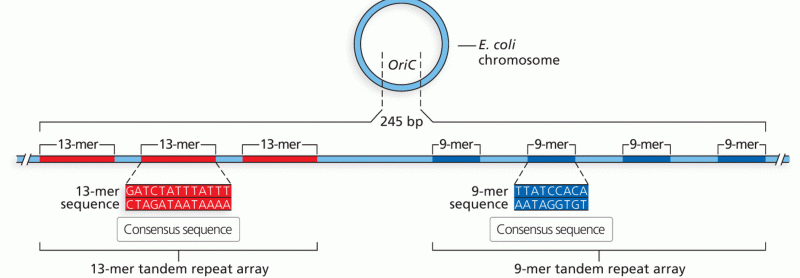|
|
|
Most childhood vaccines are 90–99% effective in preventing disease. Side effects are rarely serious.
Most women experience menopause in their 50s. However, in 1994, an Italian woman gave birth to a baby boy when she was 61 years old.
As the western states of America were settled, pioneers often had to drink rancid water from ponds and other sources. This often resulted in chronic diarrhea, causing many cases of dehydration and death that could have been avoided if clean water had been available.
GI conditions that will keep you out of the U.S. armed services include ulcers, varices, fistulas, esophagitis, gastritis, congenital abnormalities, inflammatory bowel disease, enteritis, colitis, proctitis, duodenal diverticula, malabsorption syndromes, hepatitis, cirrhosis, cysts, abscesses, pancreatitis, polyps, certain hemorrhoids, splenomegaly, hernias, recent abdominal surgery, GI bypass or stomach stapling, and artificial GI openings.
Children with strabismus (crossed eyes) can be treated. They are not able to outgrow this condition on their own, but with help, it can be more easily corrected at a younger age. It is important for infants to have eye examinations as early as possible in their development and then another at age 2 years.
 Correlations on tests for a number of cognitive abilities are higher for monozygotic twin pairs (who ...
Correlations on tests for a number of cognitive abilities are higher for monozygotic twin pairs (who ...
 Using a gauge that measures vacuum in units of inches of water to test the vacuum at the dipstick ...
Using a gauge that measures vacuum in units of inches of water to test the vacuum at the dipstick ...





